PVC panels have gained popularity in various industries due to their versatility, durability, and cost-effectiveness. However, before making a decision, it is crucial to understand whether PVC panels are expensive and if they are worth the investment. In this blog post, we will delve into the various factors that determine the cost of PVC panels and analyze their value proposition in different applications.
- Understanding the Cost Factors of PVC Panels:
1.1 Raw Material Costs: PVC panels are made from polyvinyl chloride, a widely available and affordable material. The cost of PVC resin fluctuates based on market conditions, but it generally remains competitive compared to other building materials.
1.2 Manufacturing Process: The production of PVC panels involves extrusion, molding, and finishing processes. The complexity of these processes, as well as the use of advanced technologies, can impact the overall cost of the panels.
1.3 Quality and Performance: Higher-quality PVC panels often come at a higher price due to superior durability, resistance to impact and chemicals, and enhanced aesthetic appeal. Investing in premium-grade panels can result in long-term cost savings and a more visually appealing outcome. - Cost Comparison with Alternative Materials:
2.1 PVC Panels vs. Wood: While wood panels may have a lower upfront cost, they require regular maintenance, such as painting and sealing, which can add to the overall expenses. PVC panels, on the other hand, are low-maintenance, reducing long-term costs significantly.
2.2 PVC Panels vs. Ceramic Tiles: Ceramic tiles are known for their durability and aesthetic appeal, but they can be expensive to install due to the labor-intensive process. PVC panels offer a cost-effective alternative, as they are lightweight, easy to install, and require minimal preparation.
2.3 PVC Panels vs. Metal Panels: Metal panels are durable but can be costly, especially when considering the additional expenses for insulation and corrosion protection. PVC panels provide a cost-efficient solution without compromising on performance. - Value Proposition of PVC Panels:
3.1 Versatility: PVC panels are available in a wide range of colors, textures, and patterns, allowing for endless design possibilities. They can be used in various applications, including interior and exterior wall cladding, ceilings, and flooring.
3.2 Easy Installation: PVC panels are lightweight and can be easily installed using simple tools. This reduces labor costs and installation time, making them an attractive option for both DIY enthusiasts and professionals.
3.3 Durability and Longevity: PVC panels are resistant to moisture, mold, mildew, and termites, ensuring their longevity and reducing the need for frequent replacements. This translates into long-term cost savings and minimal maintenance requirements.
3.4 Energy Efficiency: Some PVC panels are designed with insulation properties, improving energy efficiency and reducing heating and cooling costs in buildings.
Conclusion:
After a comprehensive analysis, it is evident that PVC panels offer a cost-effective solution without compromising on quality and performance. Their versatility, easy installation, durability, and energy efficiency make them a valuable investment in various industries. Whether you are considering PVC panels for residential or commercial applications, they provide an attractive alternative to traditional materials. So, are PVC panels expensive? The answer lies in their long-term benefits and the value they bring to your project.

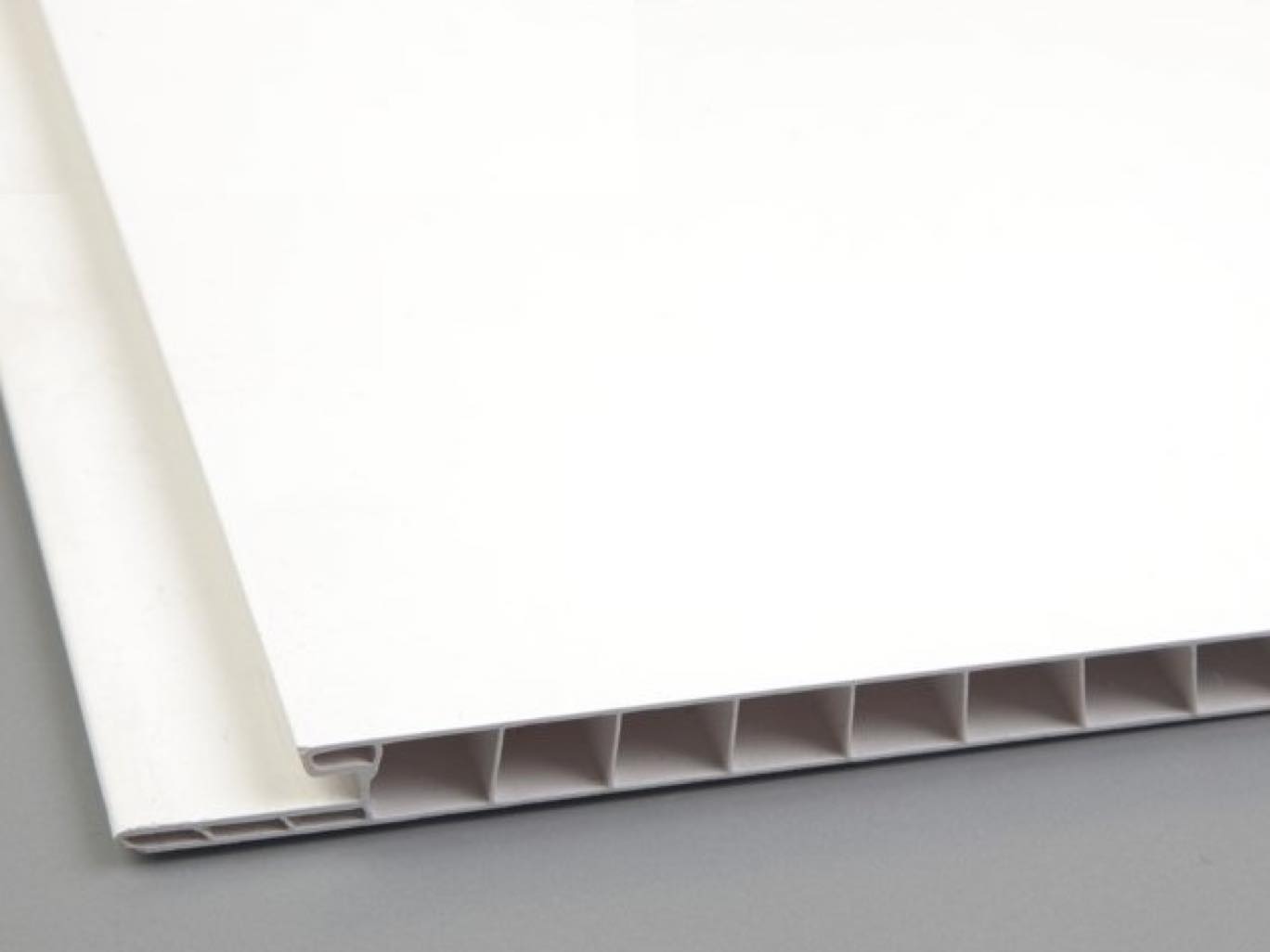
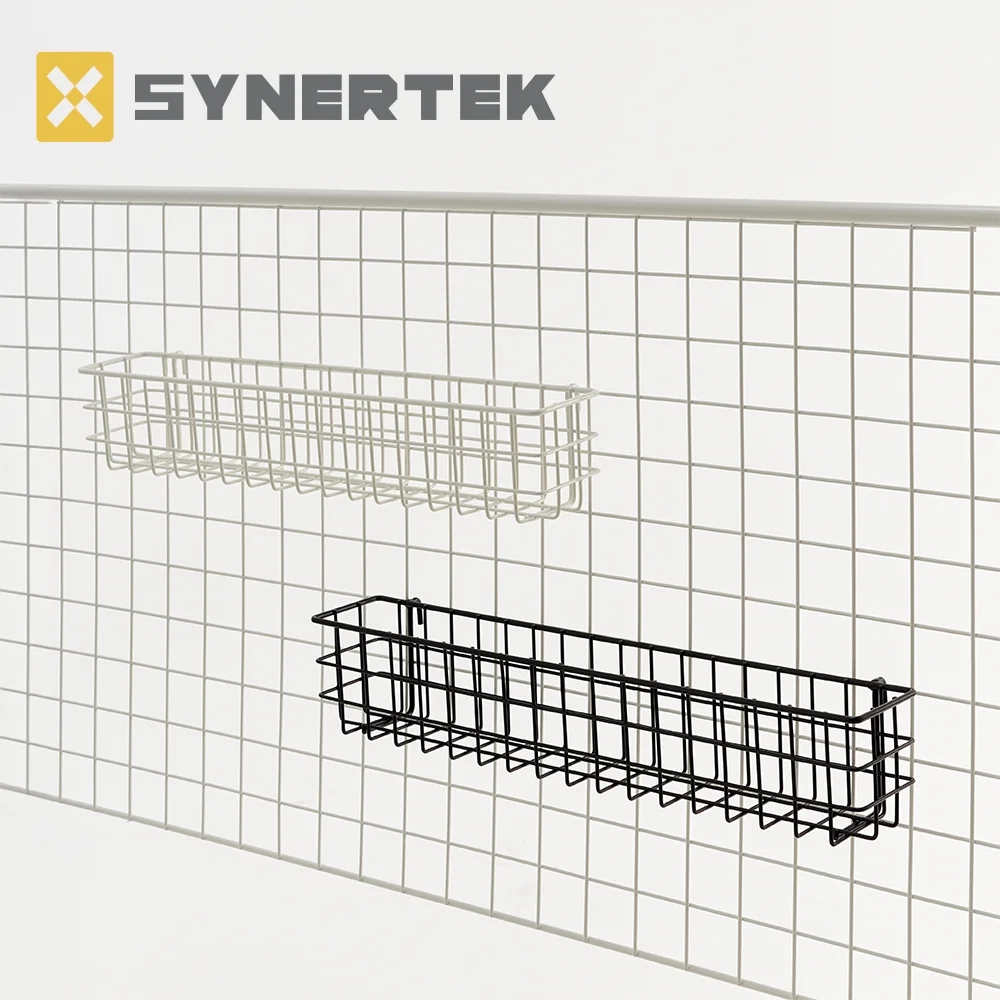
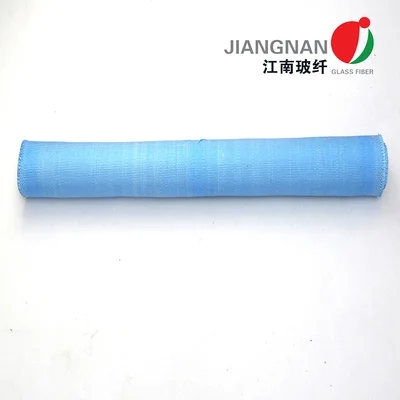
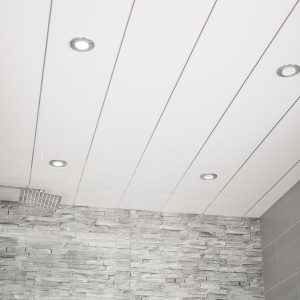
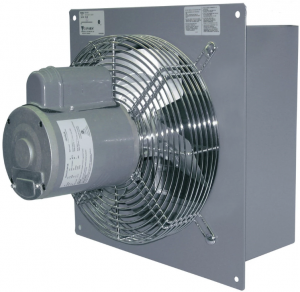

+ There are no comments
Add yours